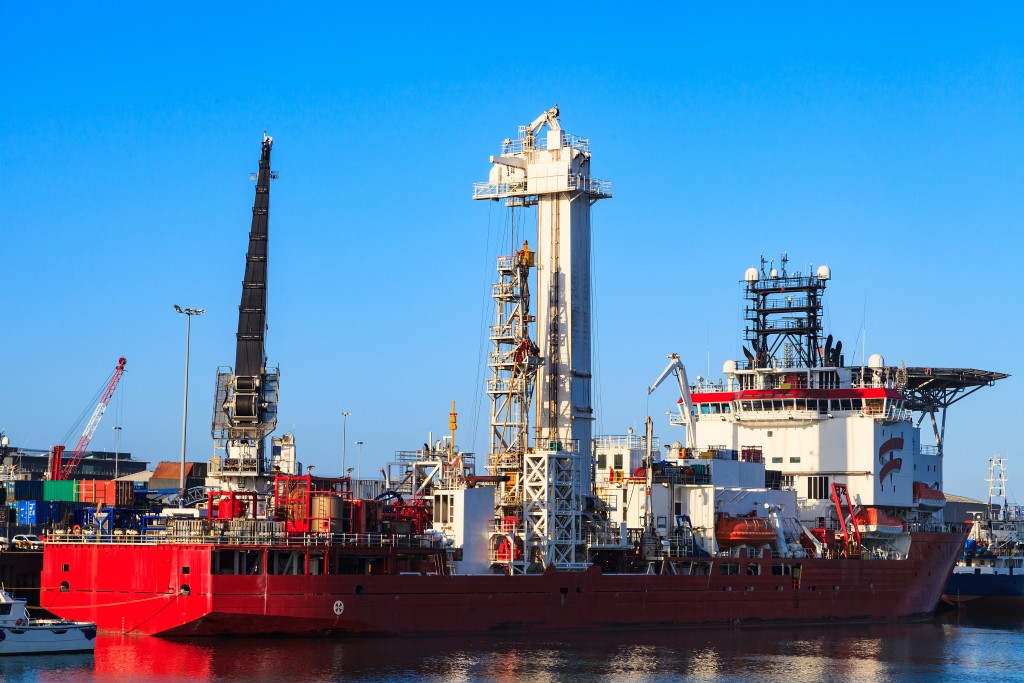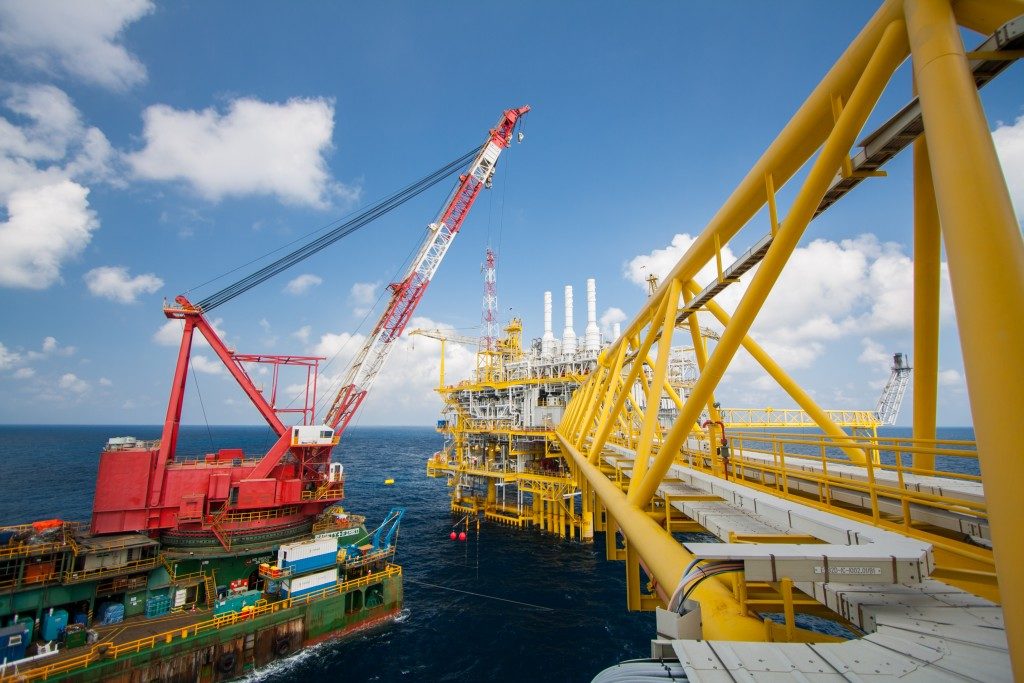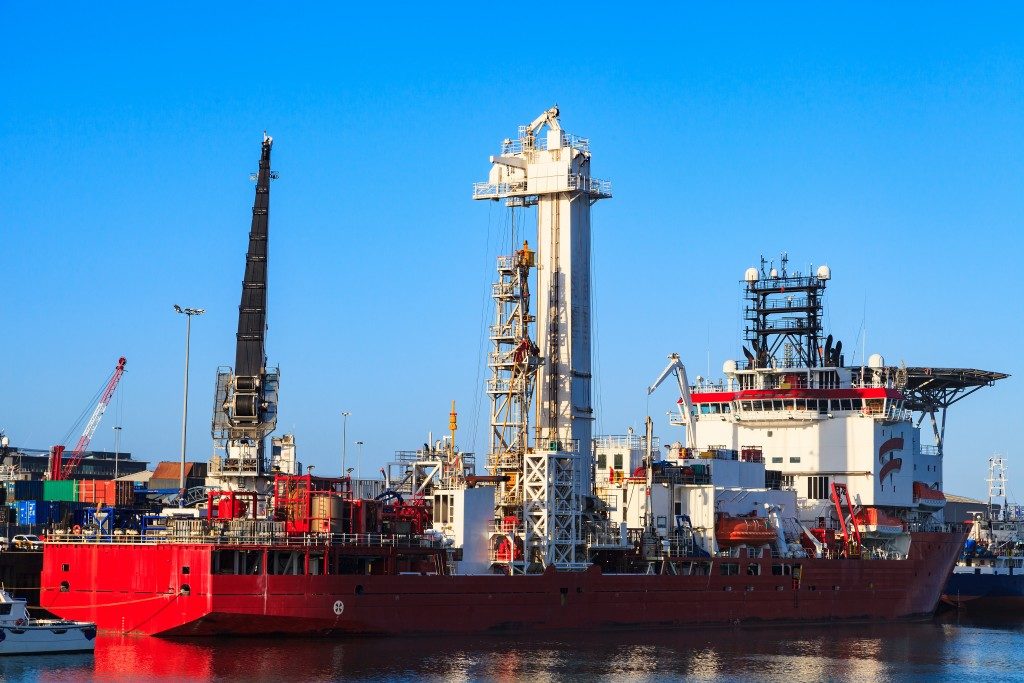Reviewing Your Marine Insurance Policy: What Does It Take?

When is the last time you looked at your policy to confirm that it still covers the changes you have been making in your business? Your policy could be facing exclusions for making such simple changes. You might not get full compensation. How often should you review your policy to confirm that it still offers full coverage? Ideally, that should be whenever you are changing:
Vessels
You current shipping vessels could now not have the capacity to hold your fast-growing business. You are planning to either add a new one or replace the current one with a larger vessel. Irrespective of the change of vessels, ensure you ask your insurer to revise your P&I and hull and machinery, and other relevant insurance policies to cover your new vessels.

Your business
Have you altered the structure of your company? Have you brought more employees on-board? Do you have a new C-level executive? How many other stakeholders have you added or removed from your business line? All these changes can affect how fully your marine insurance covers your business. And, if you do not attend to these changes and notify your insurer to include them in our policy, you could risk getting compensation. Take it upon yourself to regularly and carefully access all changes in your company’s structure. Then ensure that your marine insurance policy matches both your current and future business needs.
Your cargo
From time to time, you could need to change the type of cargo in which you deal. Typically, that could also mean that you are now trading in items of a different nature. And, while your marine insurance policy mentions that it will cover all damages or losses, it may be clear on whether that includes all natures of consignments. Ideally, if you change the nature of the items that you transport, it may exclude your policy from servicing any damages that may happen to these goods. Therefore, whenever you change your cargo type, consult your insurer. Get written and signed documents highlighting whether your policy is still valid for your new trade.

Loading techniques
When customizing your marine insurance policy, some insurers take note of the type of cargo loading methods that you use. That means that your insurance cover is only within the limits of these specific loading techniques. Therefore, right before you change your cargo loading methods, contact your insurer to confirm that your policy will still cover the new loading techniques. Additionally, include any changes to packaging and securing methods.
You must perform reviews of your marine insurance policy from time to time. That is irrespective of whether it is a P&I, hull and machinery, FD&D, freight, or marine cargo insurance. Do exercise due diligence in this area so that you do not forfeit your compensation to curtail effects of maritime business risks. Should there be any misunderstandings in your policy, engage your insurer in reviewing the policy together to determine whether and where it still applies. Additionally, make all the necessary alterations to your insurance to cover changes that you plan to make in the future.




